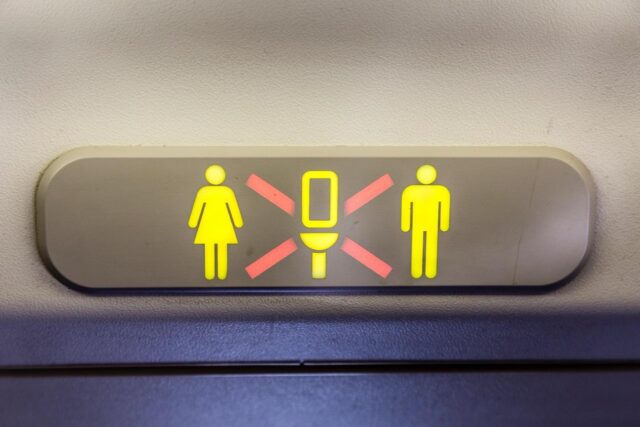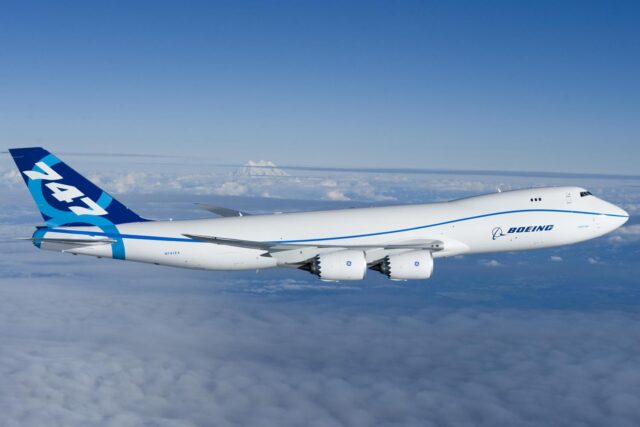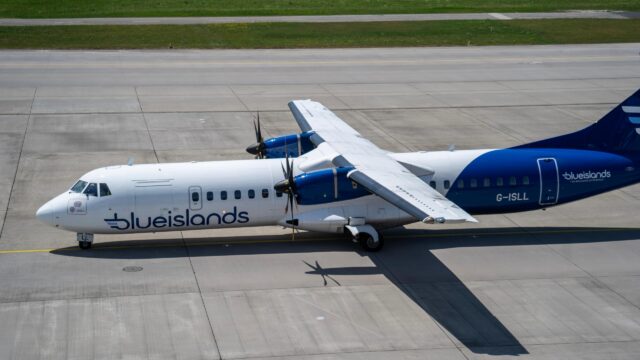IATA “deeply disappointed” as Mumbai Airport cuts slot capacity and halts cargo flights

May 2, 2025

The International Air Transport Association (IATA) has called on Mumbai International Airport in India to rethink its slot capacity reductions and cessation of cargo operations.
Following Mumbai’s announcement to airlines of its cessation of cargo freighter flights and a seemingly permanent withdrawal of historic slots for passenger airlines starting next season, IATA’s head for worldwide airport slots, John Middleton, has described the move as “surprising” and “deeply disappointing.”
Airport capacity gaming
Stating that is not what one would expect of a major hub airport in India, he said, “it will cause long-lasting damage to the airport’s reputation and credibility.” He also suggested that the plans to halt cargo flights and cut historic passenger flight slots at the airport, which is owned and operated by Adani, were aimed at pressuring airlines to move their operations Navi Mumbai Airport. The new airport is due to open later this year.
“We fear this is an example of airport “capacity gaming” which will harm aviation throughout India and beyond,” he said.
Urging IATA to immediately withdraw its cuts, Middleton said the airport should “urgently engage with the airline industry in meaningful consultations to minimise disruptions to airline operations, inconvenience to passengers, and loss of air connectivity for Mumbai. So far there have been zero details on how MIAL will manage the capacity reduction and mitigate the impact. This does not inspire confidence.”
In his strongly worded statement, Middleton also referenced the existing international guidelines developed by the Worldwide Airport Slot Board (WASB) for temporary capacity reductions at airports, which he added, “call for consultation and advance notice rather than the unilateral action taken in this case.”
According to Middleton, “MIAL has also failed to adhere to MoCA’s Guidelines for Slot Allocation, including its direction to preserve historic rights for future seasons.”
IATA has previously recommended to MIAL that it delayed any reduction in capacity to the start of the Northern Winter season beginning on 26 October 2025, that it implements protocols for transparent communication between the airport and airlines and develops clear guidelines for the fair distribution of capacity reductions across affected airlines.
Strongly refuted assertions
In a reciprocal statement to IATA’s claims, Mumbai Airport said it “strongly refutes these assertions.”
As reported in the Times of India, the statement, also read: “Contrary to the claims made by IATA, the recent adjustments to cargo operations and slot allocations at Chhatrapati Shivaji Maharaj International Airport have followed a transparent, consultative and regulator-driven process.”
The operational changes, MIAL concluded, are part of a broader infrastructure upgraded initiative governed by the Airports Economic Regulatory Authority of India (AERA).
















